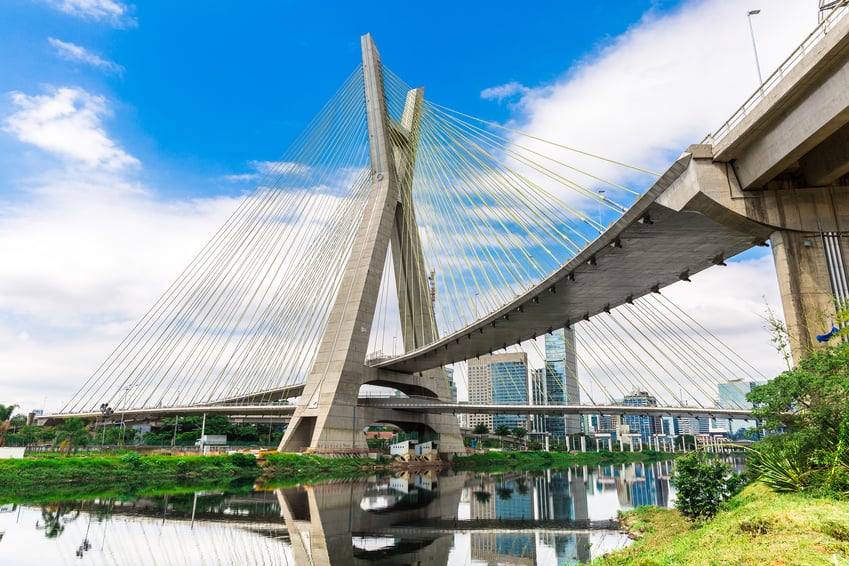In brief
On November 30, 2020, Ordinance No. 589/2020 was published to update guidelines and criteria applicable to the environmental conciliation phase of IBAMA and ICMBio’s administrative procedures, while lasts the public health emergency situation caused by the pandemic of coronavirus (Covid-19).
Recommended actions
Considering the changes related to the scheduling of conciliation hearings provided in Ordinance No. 2/2020, it is recommended to companies that have administrative procedures in progress with IBAMA and ICMBio to comply with the new guidelines and criteria established by the agencies.
In more detail
As of the publication of the Ordinance, the fined company, whose administrative procedure is in the environmental conciliation phase, will be notified to express interest in the hearing within thirty days.
The new infraction notices issued by IBAMA and ICMBio as of publication of the Ordinance will already contain instructions related to the expression of interest of the fined company. As a result, the company, instead of attending the hearing in person, may:
(i) Opt for the conciliation hearing by videoconference. In this case, the response must indicate the electronic addresses of all those who will participate in the environmental conciliation hearing.
(ii) Waive the participation in the hearing.
(iii) Adherence, regardless of the conciliation hearing, to the possible legal solutions to end the procedure, such as the payment with discount, installment payments and the conversion of the fine into services for the preservation, improvement and recovery of the quality of the environment.
Adherence to one of the legal solutions set out above will be formalized only after a preliminary analysis of the environmental assessment by the Agency. If the request for adherence to one of the solutions is dismissed, the fined company will be notified to, within twenty days, offer its defense against the infraction notice. This decision may be subject to appeal.
If there is an express waiver of the company to participate in the conciliation hearing or if there is thirty days without any manifestation of interest from the company, the period for the presentation of an administrative defense begins on the next business day.
If the company expresses interest in holding the conciliation hearing, the environmental agency will inform the date and time of the session with notification (by electronic address or postal mail).
The environmental agencies will publish in their website and Federal Official Gazette the list of conciliation hearings that are scheduled.
Finally, considering that the conciliation hearings can be held by videoconference, the expectation is that they will be scheduled soon.
Our Environment, Sustainability and Climate Change Team is available to offer further assistance on the matter.
Click here to view the Portuguese version.



